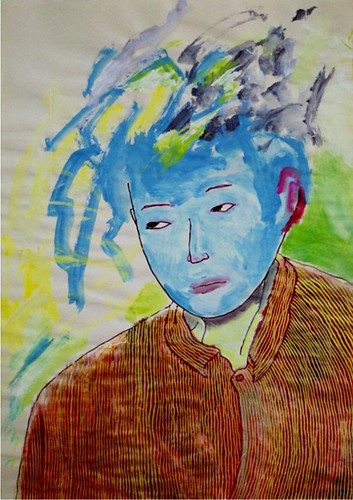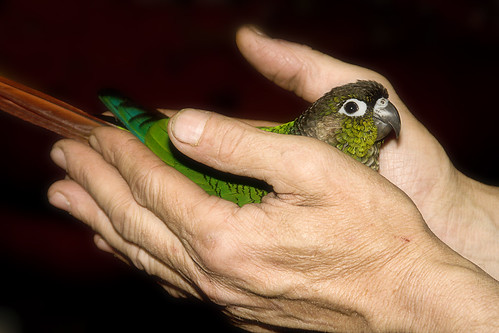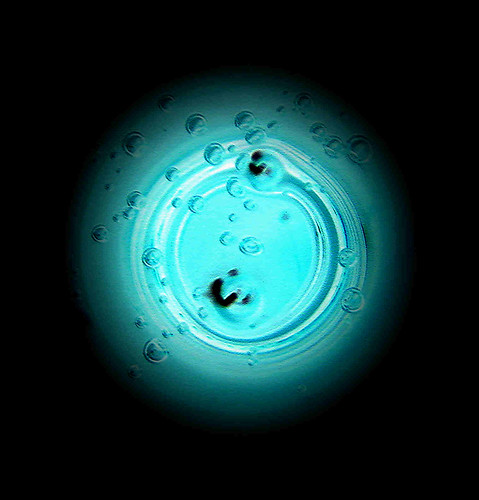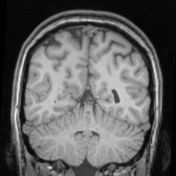 Illustration from Flickr http://www.flickr.com/photos/tanakatadashi/26250788/
Illustration from Flickr http://www.flickr.com/photos/tanakatadashi/26250788/Until the 1960's or so, a family of French ancestry known as the Blue Fugates, lived in Kentucky. They were so called because of their blue tinted skin. The family seemed to live normally, with life spans of 80 or more years. Because it had been passed on for so many generations, it was assumed to be hereditary. Local folks thought the family suffered from heart or lung disease. In fact, these people
did have trouble breathing and lightheadedness, but these symptoms were the result of their syndrome, and not the cause.
We now know it was methemoglobinemia. Methemoglobinemia is primarily genetic, but one can acquire this syndrome from the intake of excessive nitrites (used to preserve meats), contaminated well water, silver nitrate (Used to treat burns and infections), ingestion of mothballs and even from eating too many carrots or spinach! (I wonder how Popeye avoided this!)
Simply put, hemoglobin that is present in our red blood cells, carries oxygen to all parts of our body. In methemoglobinemia, the hemoglobin is unable to carry sufficient oxygen to the tissues of the body, and a bluish color of the skin occurs.
Sometimes the blue skin color appears to be brown, especially around the lips and mucus membranes. This is known as "chocolate cyanosis", and is thought to be due to the brownish color of the blood.
Read more here:
http://www.mc.uky.edu/ahec/skyahec/methem-CE.htm
http://www.emedicine.com/ped/topic1432.htm









